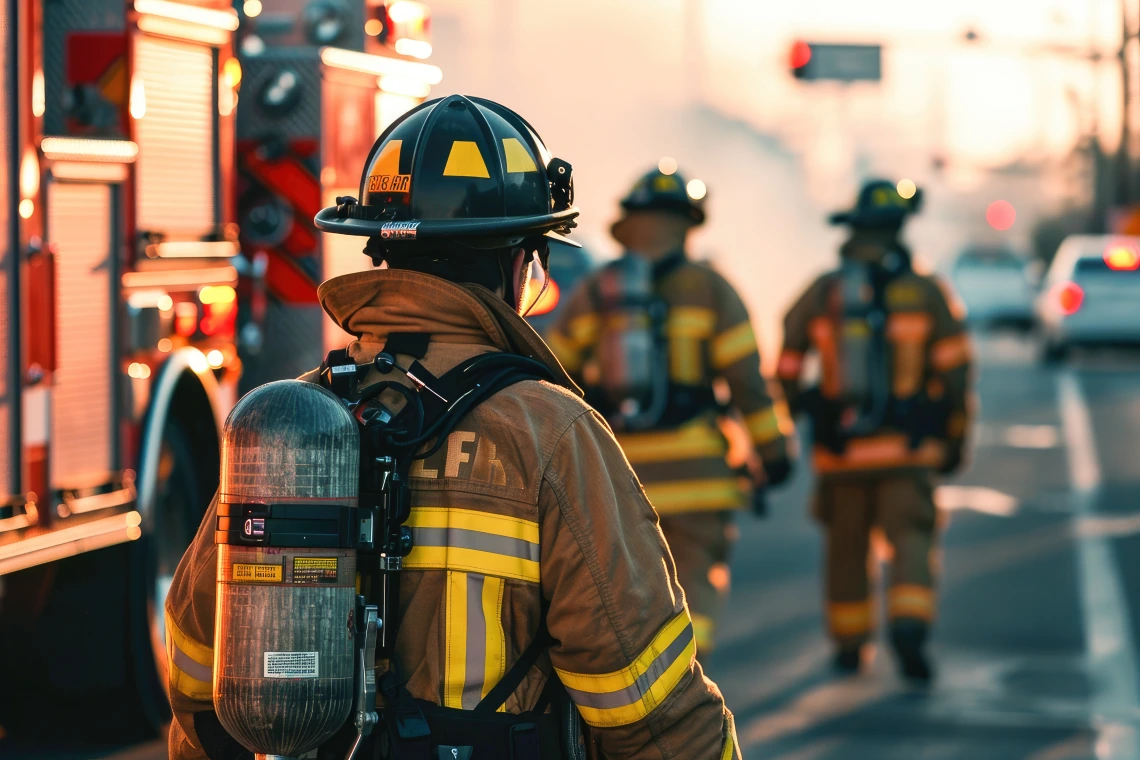Research shows altered regulation of genes linked to prostate cancer among firefighters
A new study co-authored by researchers at the Mel and Enid Zuckerman College of Public Health and University of Arizona Cancer Center found that occupational exposure to chemicals may increase firefighters’ risk of prostate cancer.

Firefighters may have an increased risk of prostate cancer due to on-the-job chemical exposures, according to new research from the University of Arizona Mel and Enid Zuckerman College of Public Health and University of Michigan in collaboration with fire service partners and researchers around the country through the Fire Fighter Cancer Cohort Study.
Prostate cancer is the leading incident cancer among U.S. males. Firefighters are diagnosed with prostate cancer at a rate 1.21 times higher than the general population, possibly because of chemical exposures including smoke and firefighting foam during firefighting.
Some of those chemicals can affect how genes are expressed through a process called epigenetic modification, and certain epigenetic modifications, including DNA methylation, contribute to cancer development. Researchers found evidence that experienced firefighters had different epigenetic modifications than new firefighters in regions linked to prostate cancer.
“With these published findings, we have clear evidence of the health risks that firefighters face due to cumulative exposure on the job,” said Jeff Burgess, MD, MPH, director of the Center for Firefighter Health Collaborative Research, University of Arizona Cancer Center member, and professor at the Zuckerman College of Public Health.
Read more on the University of Arizona Health Sciences website.



